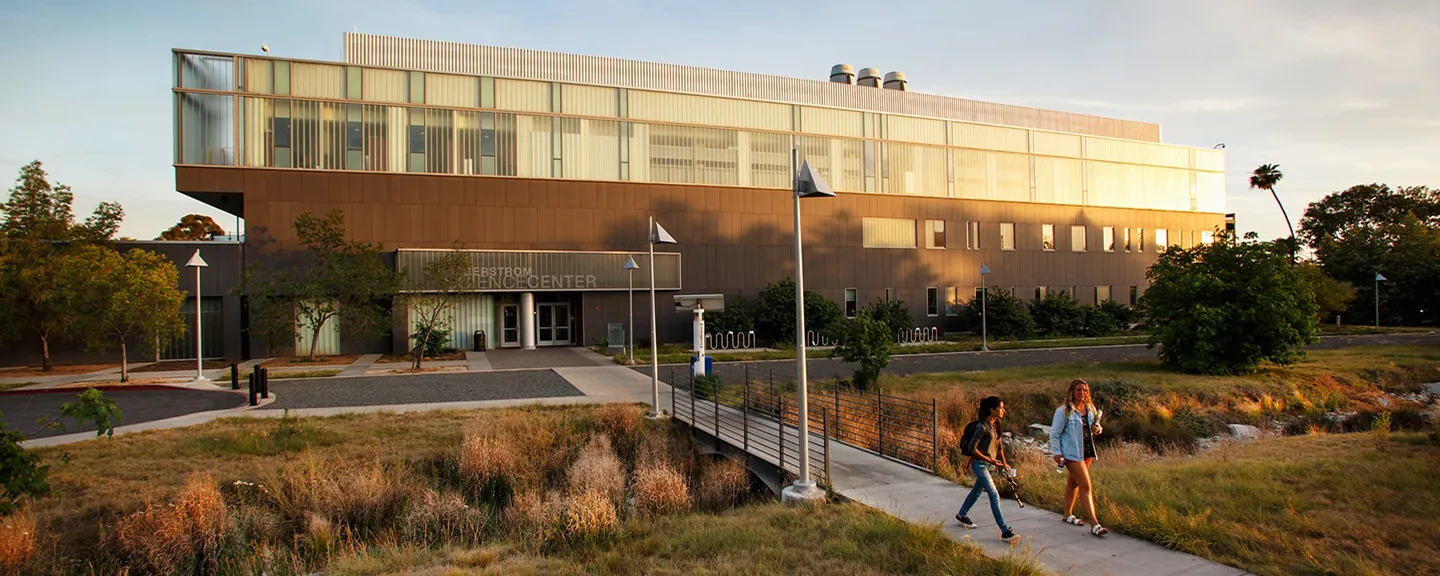- Home
- >
- APU Articles
- >
- News Article
Finding the Right College: 6 Tips for Narrowing Down College Choices
February 22, 2018 | Written By Ashley Eneriz

You’re going to spend the next four or more years devoted to your education, so you want to make sure you choose the school that is the best fit for you. But how do you pick one when all the schools look decent on paper? Here are six tips to help.
1. Examine Your Financial Aid Packages
Finances play a huge part in deciding what college you choose because it ultimately affects how your life looks leading up to (and after) graduation. Schools that offer more aid allow you to focus on your studies and excel in the classroom. A financial aid package that comes with scholarships and grants is even better—because that is money you don’t have to worry about paying back after graduation.
2. Meet With Advisors
What will it take for you to complete your degree? What opportunities will be available for you in your chosen major? Talking one-on-one with an advisor gives you the chance to look at your desired field of study more closely than if you were to independently research it on the school’s website.
“Finding the right college for you is all about the balance between non-negotiable details and fit,” explains Kayla Montgomery, assistant director of freshman recruitment at Azusa Pacific University. “For example, you have to know what programs you are interested in and which colleges offer those programs, but there is more. Will you be in a classroom with 100 students, or with less than 10? Is there on-campus housing? Dorms or apartments? Will professors be available for office hours outside of class? All of these questions should be asked.”
Use advisor meetings to ask any questions you may have. This will help you gain clarity in your search for finding the right school.
3. Explore the Campus
Even if you have visited the campus before, it can be wise to take another trip. This time, visit the campus as if you were already a student. Enjoy a meal in the dining hall or get coffee at the on-campus coffee spot. Attend a basketball game or another public event, such as an art show. Sit in the quad with your laptop.
How does it feel being on campus? Doing this at your top college choices can help you figure out where you feel most at home and which schools foster a fun, neighborly environment.
4. Research Graduation Rates
While many students will be enrolled in college, not all of your classmates may graduate. Research your top colleges’ graduation rates and look into how much assistance they offer students. The national average six-year graduation rate is 59 percent, according to the National Center for Education Statistics. Azusa Pacific University has an impressive 70 percent six-year graduation rate.
It’s important that the school you choose offers resources to help you succeed and graduate. Through APU’s academic success center, students have access to one-on-one academic success coaching as well as a First-Year Seminar that focuses on academic success strategies and fostering a sense of belonging among students.
5. Check the Student-Faculty Ratio
Student-to-faculty ratios have become somewhat of an afterthought when researching colleges, but more students should value this number. A smaller student-to-faculty ratio means that you are more likely to get the support you need throughout your academic career. Finding the right college with a low student-teacher ratio means that your professors are more likely to remember you. This is highly beneficial when it comes time for recommendation letters, internships, and career referrals.
6. Which College Aligns with Your Beliefs?
While college is a time to grow, transform, and challenge yourself, you also want to feel like your school values your principles. Whether these values are related to religion, politics, lifestyle, or education, find a school that offers the support you need. For example, you may be looking for a school that puts God first and follows a Christ-centered approach in all aspects of university life, or you may want a school that integrates diversity studies into its curriculum.
“Finding the right college is also about finding the environment where you are most prone to thrive,” notes Montgomery. “At the end of the day, your degree will likely be very similar between college ‘A’ or college ‘B’, but who you will become in the end could be drastically different.”
Which school is right for you? Your answer ultimately boils down to the school where you can succeed in all areas of your life—educationally, personally, career-wise, and spiritually.